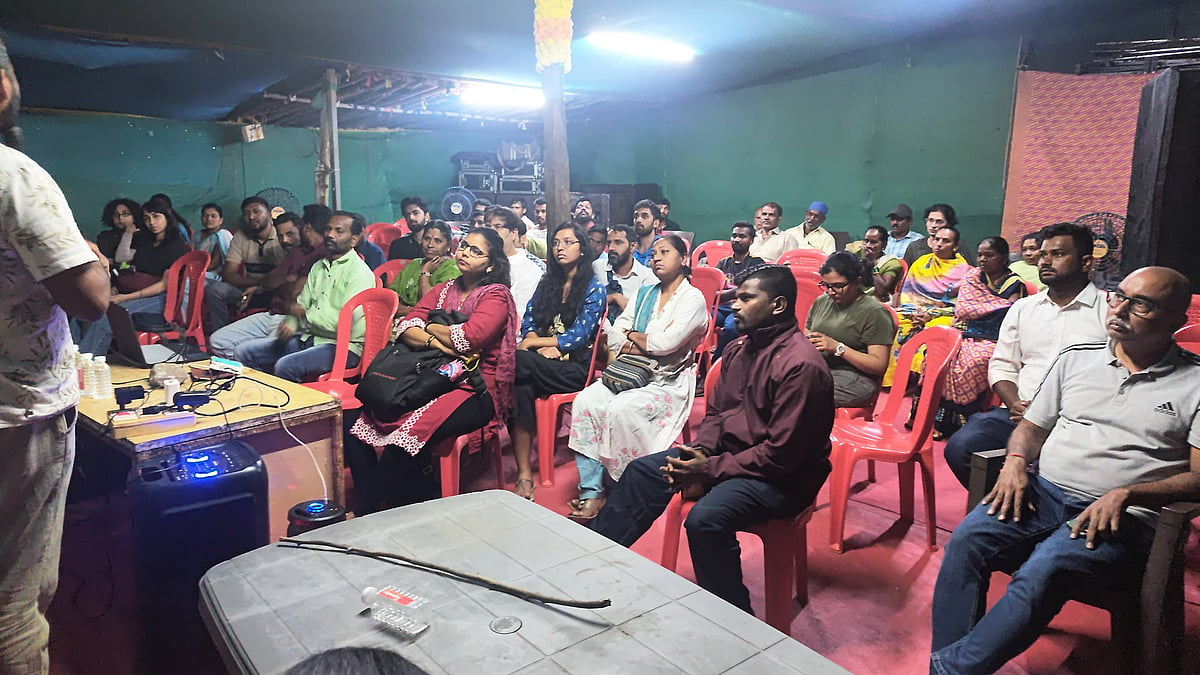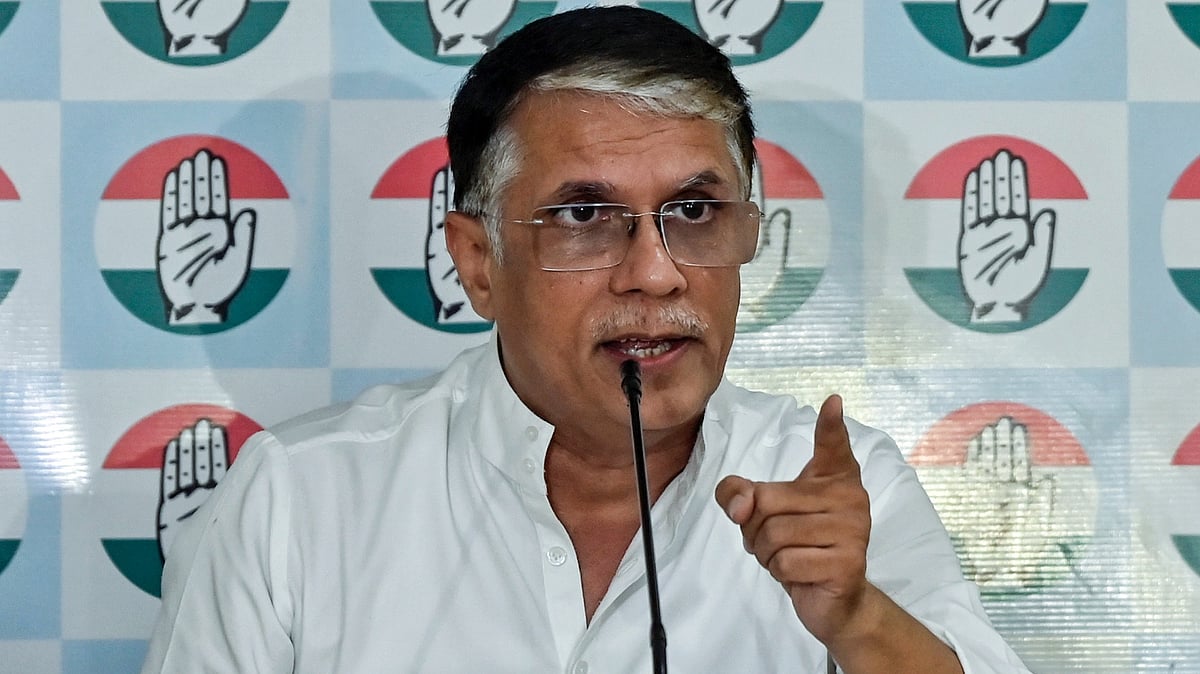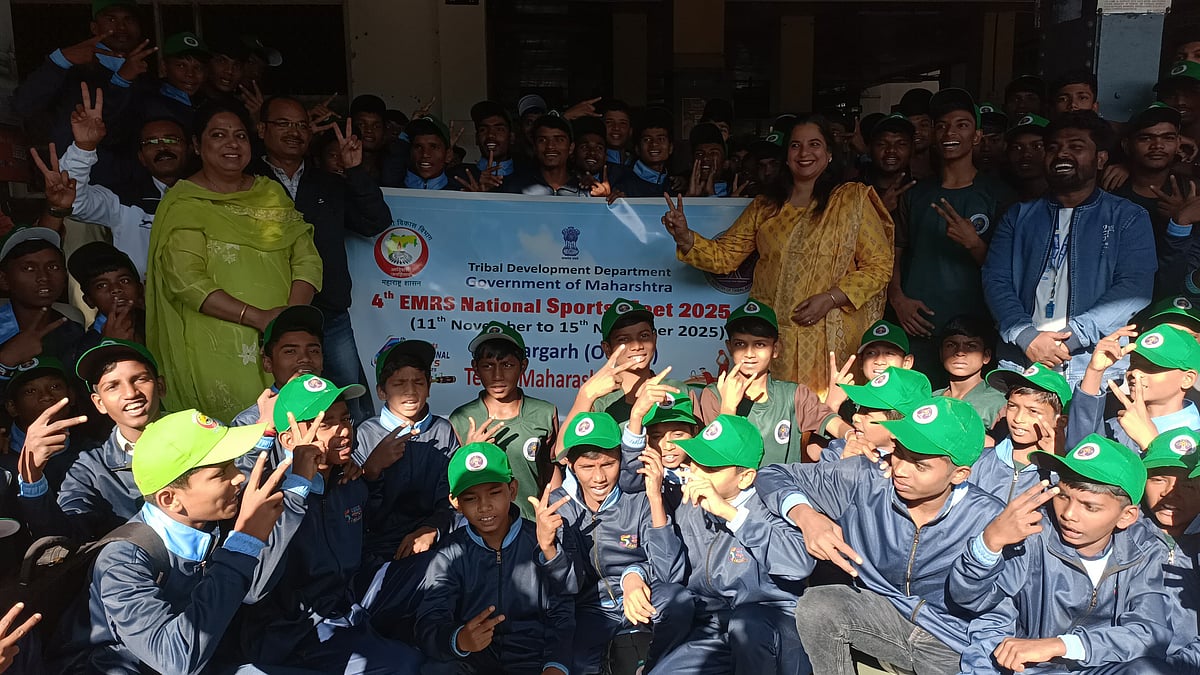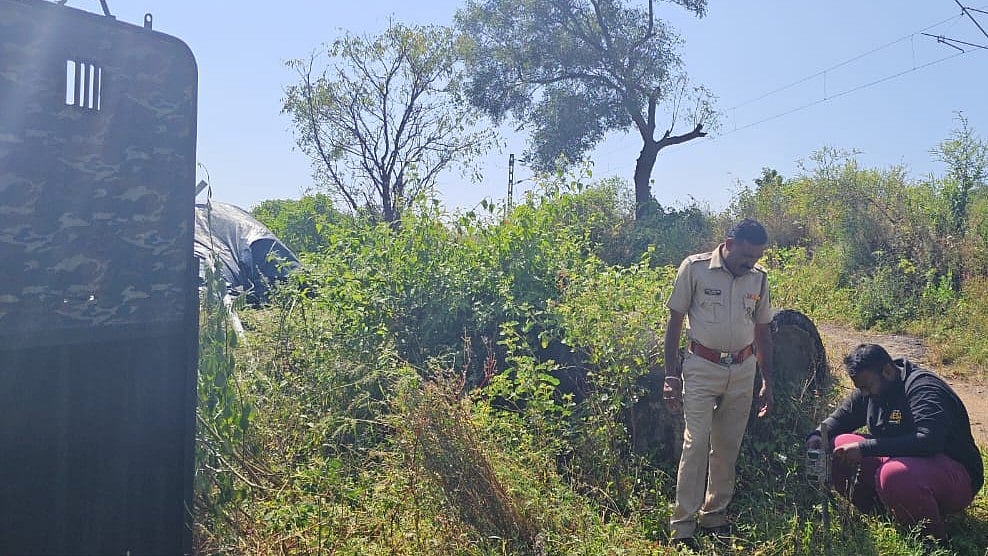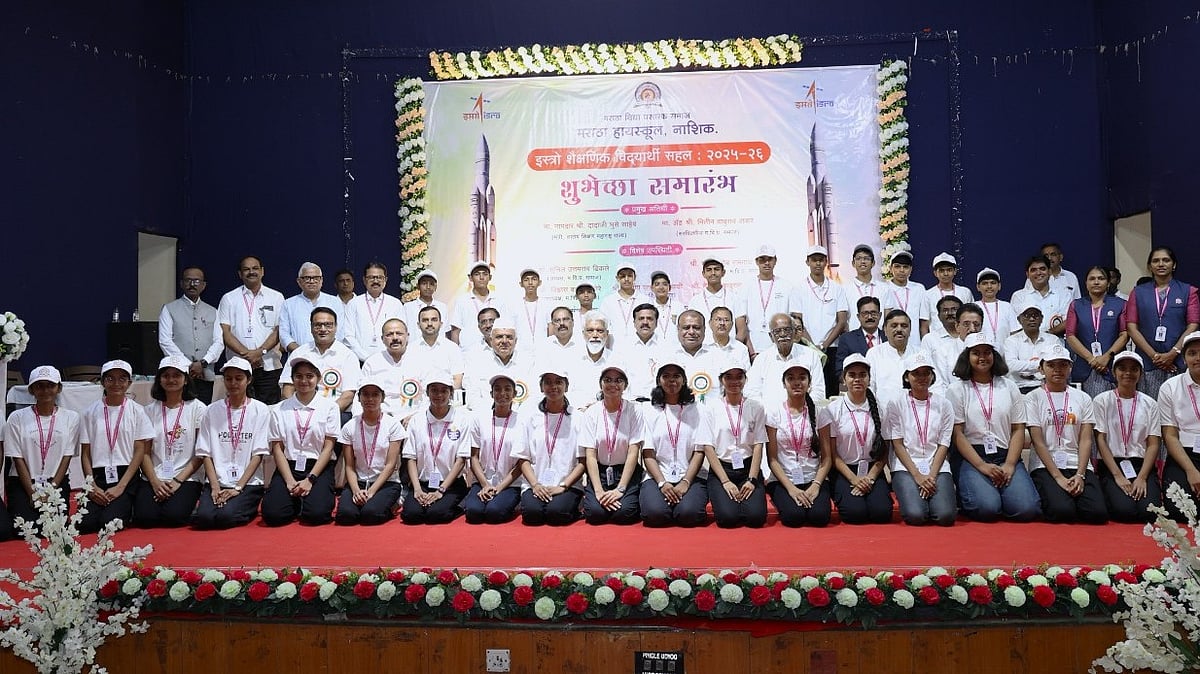According to the Pune Municipal Corporation’s (PMC) health department, there have been 940 suspected cases of dengue this year, with 453 reported in July. As of now, 22 positive cases have been confirmed. Health officials have issued notices to 1,213 societies, under-construction sites, and other locations where mosquito breeding sites have been identified, and fines totalling ₹4.59 lakh have been levied so far.
Amid the increasing rains in Pune, PMC officials have advised residents to use boiled water for drinking and to maintain cleanliness in their surroundings. Efforts are underway to address stagnant water and breeding sites. Residents are also encouraged to use mosquito-repellent creams.

Doctors at private clinics and hospitals have reported cases of both dengue and chikungunya. The overlap of symptoms can be challenging, however, doctors now distinguish cases based on clinical examinations and tests.
Dr Jayant Khandare, Consultant Pediatrician & Neonatologist at Surya Mother and Child Super Speciality Hospital in Pune, said, “As we navigate the varied temperatures and the onset of monsoon, we face an increased risk of disease outbreaks caused by stagnant and contaminated water. Dengue, a virus transmitted through the bites of infected female mosquitoes, particularly the Aedes aegypti, which breeds in stagnant water, is a significant concern. While symptoms in adults can often be mild or asymptomatic, infants are more likely to experience severe manifestations. Research indicates that infants under the age of one are at higher risk of severe complications such as plasma leakage and dengue shock syndrome.”
“Parents should be vigilant for symptoms such as sudden fever, intense headache, eye pain, joint and muscle pain, and skin rash. If symptoms worsen—such as lethargy, body swelling, continuous vomiting, and intense abdominal pain—dengue can advance to dengue hemorrhagic fever (DHF), characterised by severe bleeding and organ damage, requiring urgent medical care. Implementing simple yet effective measures is crucial in combating dengue, including removing stagnant water near residences, using mosquito repellents and nets, and ensuring children wear protective clothing during peak mosquito activity times. Educating children about the increasing threat of dengue and adhering to preventive measures are vital to safeguarding their well-being. Consult a paediatrician at the onset of fever to address rising cases of monsoon diseases such as dengue, enteric fever, and malaria,” Dr Khandare added.


